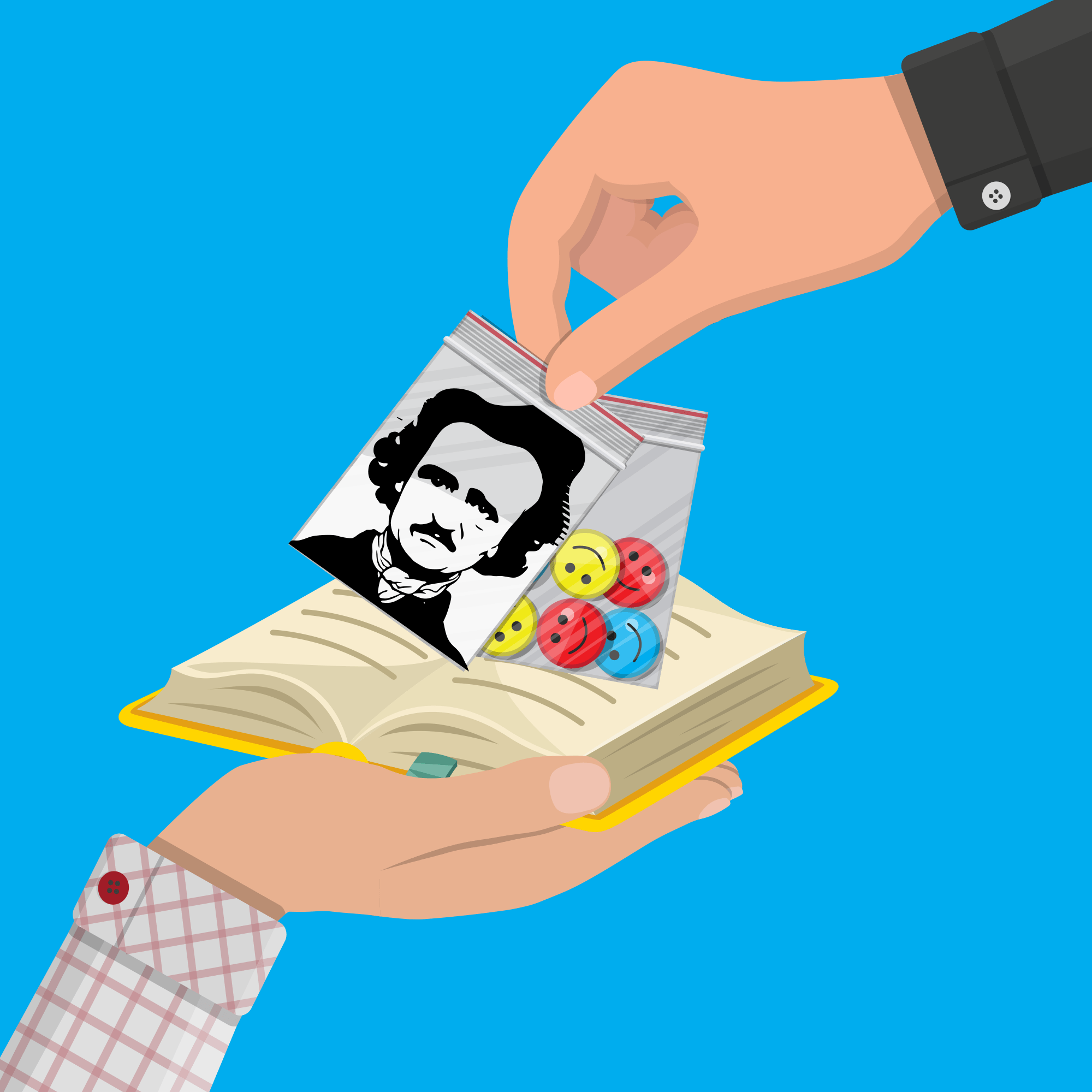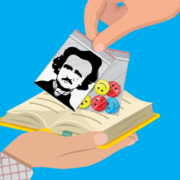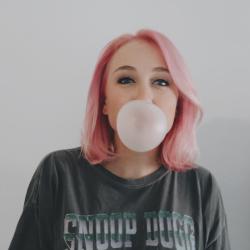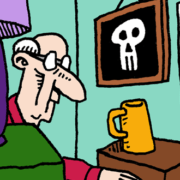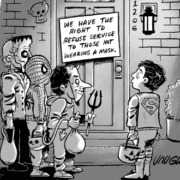Our Favorite Authors and Their Favorite Drugs
We know so much about these famed writers, but do you know what they were on when they penned their masterpieces?
Walt Whitman: Whitman was the OG stoner. He probably didn’t call it weed. Maybe it was hemp at that point? But he was definitely rolling fat doobies before he convened with Mother Nature.
Hemingway: This guy was just a fraternity bro who was way ahead of his time. We all know he was ripping beer bongs and snorting cocaine every morning. Couple lines, and he’s ready for wherever the day takes him – whether it be fighting in a war that doesn’t concern him, running from bulls, or just cheating on his wife. With a little bit of a blow and a healthy dose of misogyny, he was raring to go.
Edgar Allen Poe: Heroin, 100%. I mean this dude basically invented heroin chic. Wandering around, a gaunt little skeleton man writing about death and insanity. Birds are talking to him, he can hear hearts beating under floorboards, and he looks like he hasn’t seen sunlight in decades.
James Joyce: This is a tough one, because evidence [The entire text of Finnegans Wake] would suggest that he was on a cocktail of SEVERAL drugs, but his drug of choice was, in fact, Whippets. That’s right, James Joyce was big into nitrous oxide. You may know it as the best part of Reddi-Wip, but to Joyce, Whippets were just part of his average workday. Ever not understand an entire line, passage, or novel written by Joyce? Well, now you know why: Whippets. Joyce is a classic example of why we should all just say NO to N.O.
Jane Austen: Xanax. This was the only way poor Jane could cope with earning 600 euros for her writing over her lifetime. Every time she thought about Kiera Knightly raking in several million for playing a role in the screenplay of the book for which she was paid 100 bucks, Austen would just toss back a Xanie. Every time she remembered that she would never live to see herself become famous, let alone earn enough to move out of her parent’s attic, she took a Xanax. Ever marveled at Jane Austen’s placid expression in old drawings? It’s the benzos, baby.
Sylvia Plath: Adderall. If you’ve ever read this girl’s diaries you know she was definitely on something. Nobody has ever made that many checklists sober. In one of her journals she said, “I can never read all the books I want…I can never train myself in all the skills I want.” And the unofficial end to that quote, is “But damn it, I’m going to try. Thank God I have Adderall.”
Fitzgerald: Fitzgerald, much like his good, old friend, Jay Gatsby, was here for a good time, not for a long time. It was well-known that he and Zelda never threw a party without Ecstasy. It was, in fact, typical for everybody to be absolutely rolling face at a Fitzgerald houseparty. Fitzgerald was quoted saying, “When I was writing about Gatsby’s parties, I just imagined my own, and then took out the MDMA.”
Harper Lee: We all know that after Collins wrote, “To Kill a Mockingbird,” she retired to her house in a most Boo-Radley-like fashion and never wrote another book (unless we count the one her family stole from her and published without her permission). But do you know why Collins never wrote that next, great American novel? Bath salts. I know. It is shocking – especially given her kindly old-lady vibes. But the truth is, HLC was into PCP. And once she got into that shit, writing just wasn’t a priority anymore.
Lemony Snicket: After writing world’s most depressing children’s stories, Snicket found that he just couldn’t go on without Ketamine. Now, living off the royalties from his 13-book Series of Unfortunate Events, you can find Snicket partying every weekend at One Oak, Tao, or the House of Yes, twerking while he throws back his favorite horse tranquilizer.
Virginia Woolf: Now at last we can reveal what she was doing in that Room of Her Own: tripping – on shrooms. Her proclivity for psychedelics may also explain her stream of consciousness style of writing, which certainly reads like a trip to me. Turns out, Woolf was going to the lighthouse and beyond without ever leaving the confines of her writing room.
